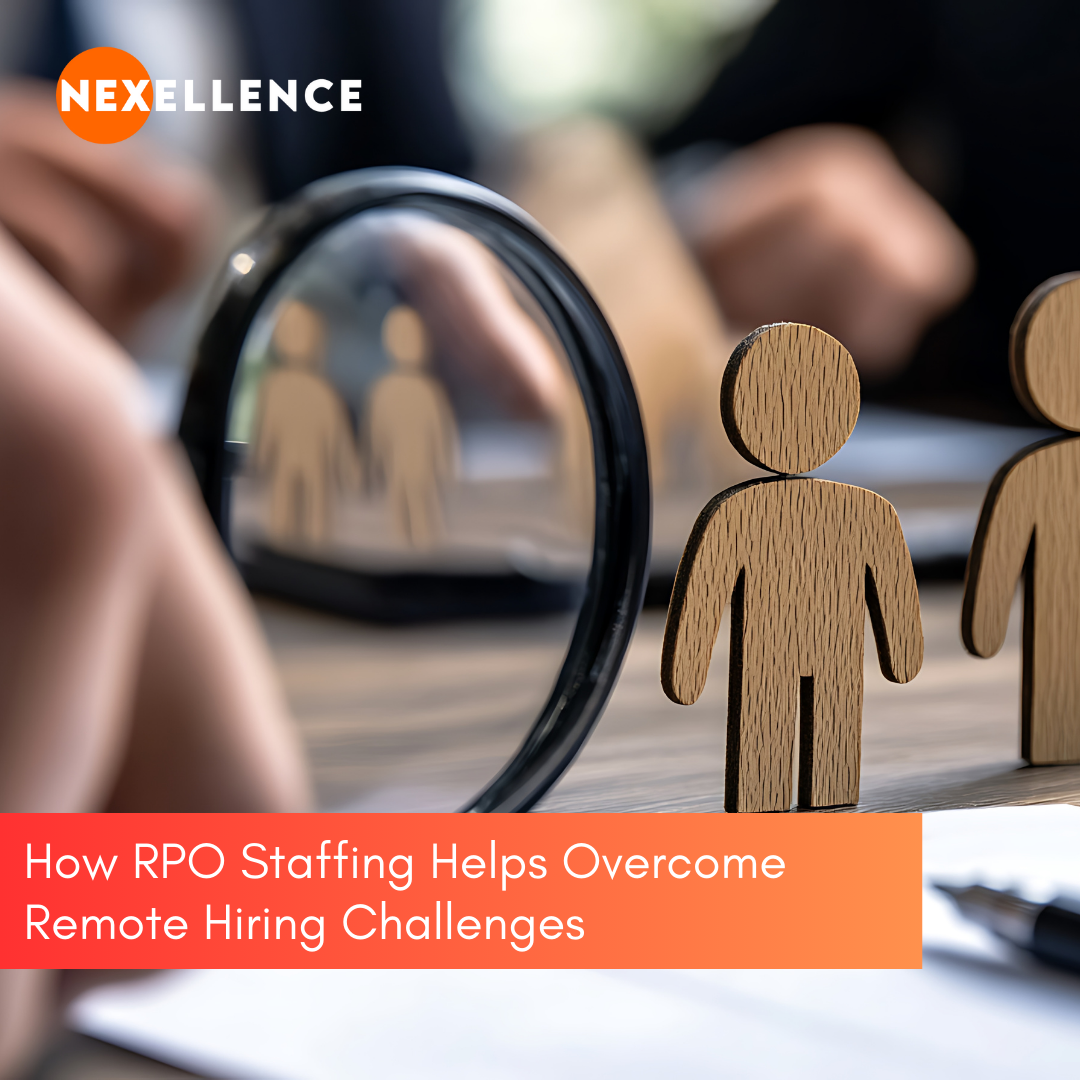In today’s fast-paced, technology-driven world, Virtual Assistants (VAs) have become indispensable tools in almost every industry. While many may still associate VAs with administrative tasks, their role is rapidly evolving, making them powerful assets that are quietly shaping the future of business, productivity, and even daily life.
Here’s a look at how Virtual Assistants are revolutionizing the way we work, communicate, and succeed:
1. The Quiet Revolution: How VAs are Transforming Workflows
Virtual Assistants are streamlining workflows across industries by automating routine tasks, allowing human workers to focus on higher-level decision-making and creativity. Tasks like scheduling, data entry, and customer service are now handled by intelligent systems, freeing up valuable time and reducing the risk of human error.
From managing emails to handling customer queries, VAs integrate seamlessly into everyday business operations, making them a silent force driving efficiency. The result is a more agile and productive workforce, capable of accomplishing more with fewer resources.
2. AI-Powered Virtual Assistants: The Brain Behind the Operations
Today’s VAs are far more than just basic automation tools. Thanks to advancements in Artificial Intelligence (AI) and Machine Learning (ML), Virtual Assistants can handle complex tasks like processing data, learning from user behavior, and even making decisions.
AI-driven assistants like Siri, Alexa, and Google Assistant are already an integral part of daily life. They are evolving to become even more powerful, capable of understanding and responding to complex commands, making them an essential part of future business operations. These intelligent systems are capable of learning from every interaction, improving over time to serve users more effectively.
3. Virtual Assistants and Business Efficiency
For small businesses and startups, VAs are game-changers. They provide access to top-tier talent and tools without the overhead of hiring full-time employees. Virtual Assistants can manage a variety of business functions—from bookkeeping to customer relations—making them crucial for entrepreneurs looking to scale without increasing headcount.
Outsourcing administrative tasks to VAs allows business owners to stay focused on growth and strategy, rather than getting bogged down with operational details. This shift is empowering small businesses to compete with larger corporations by leveling the playing field.
4. Enhancing Customer Experience with Virtual Assistants
Customer service has always been a critical part of business success, but now, thanks to chatbots and virtual customer service assistants, businesses can provide 24/7 support without the cost of maintaining large customer service teams.
These VAs not only answer frequently asked questions but also engage with customers in real-time, providing tailored responses that enhance the overall customer experience. By utilizing virtual assistants, companies can offer faster response times, consistent support, and a more personalized service—all of which contribute to increased customer satisfaction and loyalty.
5. The Future: Virtual Assistants in Every Household and Workplace
As technology continues to advance, it’s not hard to imagine a future where Virtual Assistants are embedded in every aspect of life. Whether at home, in the office, or even in healthcare, VAs are becoming crucial partners in our day-to-day operations.
In the coming years, expect VAs to become even more integrated into industries such as healthcare, finance, education, and hospitality, improving efficiency, accuracy, and service delivery. From personal assistants to virtual healthcare coordinators, these intelligent tools are evolving to meet the specific needs of different sectors.
6. Challenges and Ethical Considerations
Despite their many benefits, the rise of Virtual Assistants also comes with challenges and ethical considerations. Issues surrounding data privacy, security, and the potential for job displacement are important conversations that must be addressed as VAs continue to evolve.
Ensuring that virtual assistants are transparent, ethical, and aligned with human values will be critical as they become even more embedded in our society. Striking the right balance between automation and human involvement will be key to creating a future where VAs enhance our lives without compromising security or employment opportunities.
Conclusion: The Future is Virtual
Virtual Assistants are no longer just a luxury for businesses and individuals; they are becoming essential tools that shape our future. From increasing productivity and improving customer service to making our personal lives more efficient, VAs are an unseen power that is quietly revolutionizing the world. As they continue to evolve, their impact will only grow, and we may soon see a world where Virtual Assistants are an even more integral part of our everyday existence.
The future of Virtual Assistants looks bright, and it’s clear that their potential to transform the way we live and work is limitless.





